The ebook revolution and evolutionary chart-topper of self-publishing has been around long enough now that many, many independent authors are living the dream. Those who are seeing the most success are treating their books not like a hobby, but like a business, and doing what businesses everywhere do: hire experts to make their books (products) the best they can be. For authors, the hired-out expertise comes in everything from editing and copyediting, to proofreading, to cover design, to ebook formatting, to marketing and promotion, and so on. For example, my niche is editing, but I couldn’t draw a circle that resembled anything but an irregular and sad blob even if I stared at the sun long enough to have its shape burned permanently into my retina. That’s why I’ve commissioned the incredibly talented cover artist and fellow author Jason Gurley to breathe new life into the visual side of my trilogy, the final book of which will release in July! (It’s okay, hold your breath, I know I’m holding mine). Why Jason? Because, well, take a look at his portfolio and you’ll understand the awesome.
I’m lucky enough to have a marvelous and varied cadre of clients in my quiver who are now several books deep into this grand Hemingwayesque-but-without-the-WWII-alkie-burnout-tragic-end-stuff adventure. But for many, this is still new territory. The checklist below is for new authors who’ve chosen the self-publishing route, and lists the items to consider handing off to your copyeditor and proofreader to finalize your manuscript. I’ve worked with a number of new writers who haven’t even started thinking about most of the things on this list until after they’ve sent me their manuscript, but there’s still a considerable learning curve to ride before the manuscript is in publishable shape (and includes things which aren’t intuitive for someone who still thinks of him/herself as a writer, instead of a publisher).
The most important thing to note when you decide to self-publish your writing is that you are no longer just a writer. You’ve become a publisher, which makes you responsible for your book in its entirety, not only for the words between chapter one through the end. And trust me, that is a lot of decisions you’ll get to make. Loid your girns.
Checklist for what you’d like your editor and proofreader to review for ebooks (print is a bit different).
Front Matter:
Title pageShould include your title, your imprint or publisher (if you would like), and your name
Copyright pageIMHO, this is the number one item your book needs to contain (besides a well-designed cover) to lend it weight and show the world you’re serious about this writing thing. It should include at minimum your name, the word “copyright” or the symbol, the title of the work, and the year first published. Many other things can also be included (but are not always required), such as your website or contact info, acknowledgment of reprint rights or permissions to borrow from other works*, a disclaimer and/or permissions statement, acknowledgment of your cover designer, ISBN, and colophon (imprint/publisher logo). *As the publisher, if you borrow or print any material that is derived from another work, such as lyrics or lines from poems, it is up to you to get permission from the copyright holder of those works. It’s a good idea to buy yourself a copy of the Chicago Manual of Style, an indispensable and necessary resource, in order to learn more about how to do this, or visit this helpful page from the Book Designer to brush up on copyright basics.
Introduction, Forward, Preface
Dedication
Epigraph
Prologue
The Meat (aka Content):
Chapters
Back Matter:
Epilogue
Appendices
Glossary
Acknowledgments
About the Author
Other Books by the Author
Excerpt from another work
About the Publisher
Maps
Notes
Chronology/Timeline
Other materials you may want to have your editor and proofreader review:
Tagline and logline
Book blurb
Elevator pitch
Synopsis
Query letter
Final thoughts
Most editors and proofreaders charge either by the hour or by word count. For hourly quotes, word count is the primary data point in deciding how many hours a particular project may take to complete. Thus, when you’re deciding on your budget and seeking out your editorial musketeer, be sure to think through all of the components that will be included in your final publication and factor their word count into your project as a whole.
